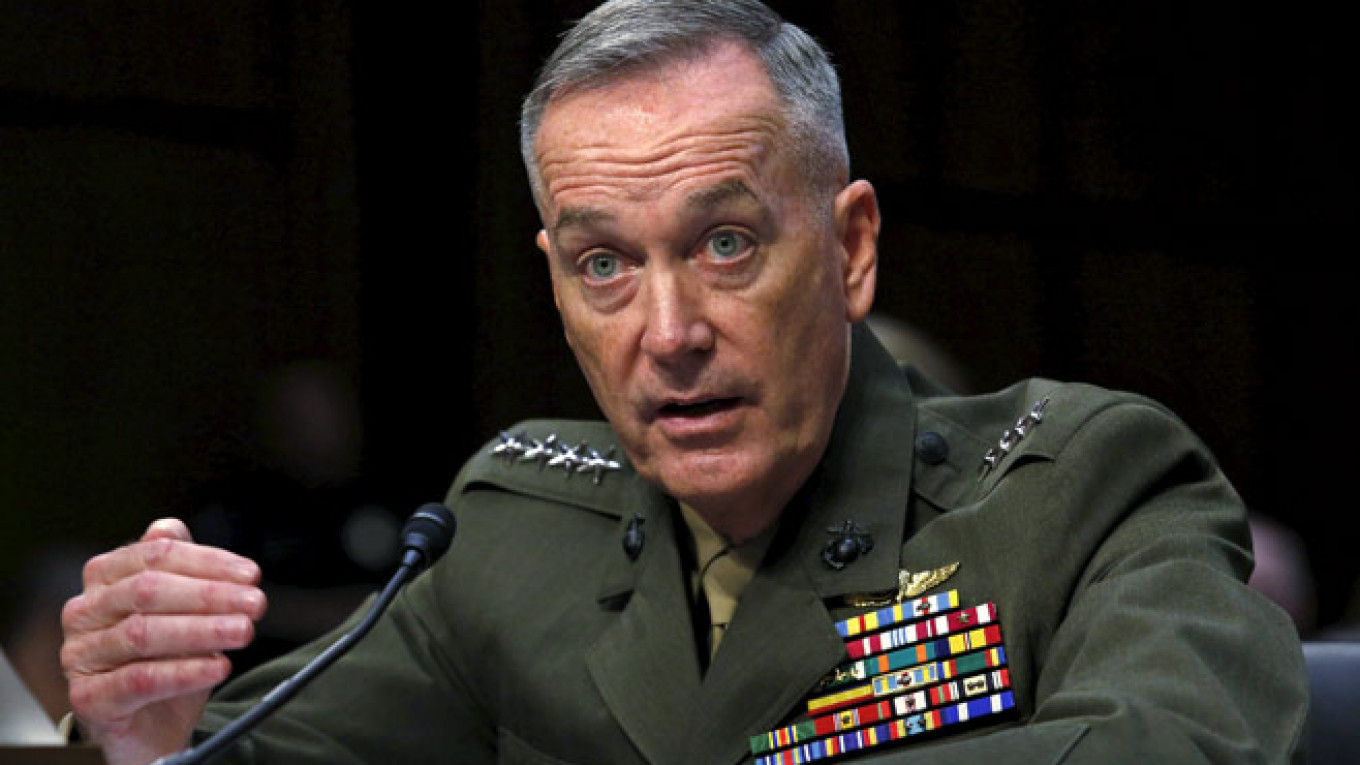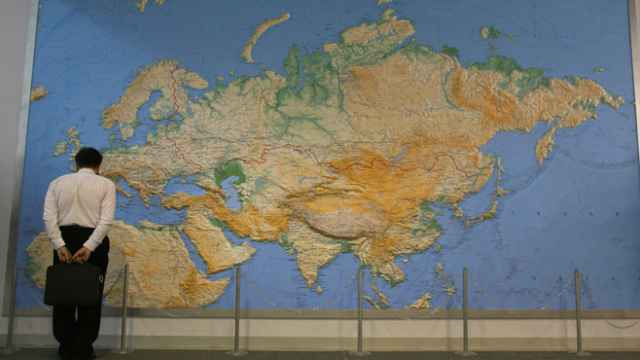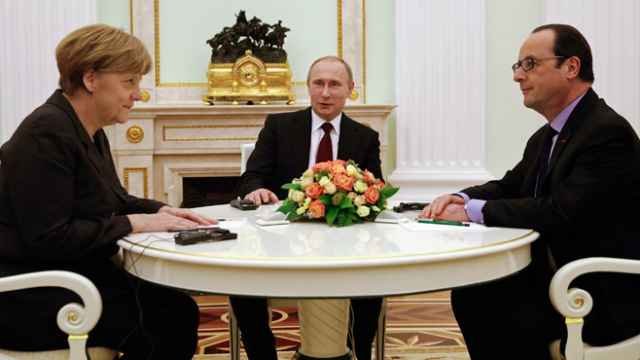Russia presents the greatest threat to our national security."
At least that's what U.S. Marine General Joseph Dunford thinks, and he is President Barack Obama's nominee to be America's next top military officer, the chairman of the Joint Chiefs of Staff.
Dunford provided that statement to the Senate Armed Services Committee during his confirmation hearing two weeks ago. "In Russia, we have a nuclear power. We have one that not only has the capability to violate the sovereignty of our allies and to do things that are inconsistent with our national interests, but they're in the process of doing so. So, if you want to talk about a nation that could pose an existential threat to the United States, I'd have to point to Russia. And if you look at their behavior, it's nothing short of alarming."
Then, last week, President Obama's nominee for the second-highest military post reported the same conclusion to the same committee. Air Force General Paul Selva explained, "Russia possesses the conventional and nuclear capability to be an existential threat to this nation should they choose to do so." And ISIS? Selva ranked it last of his priorities, behind Russia, China, North Korea and Iran, "Because right now ISIS does not present a clear and present threat to our homeland and to the existence of our nation."
As after General Dunford's answer, the committee seemed stunned. "Is that the opinion held by most of our military higher echelon?" asked Senator Joseph Manchin. "We're not hearing an awful lot of dialogue about this. … And not hearing anything before, I think it kind of caught all of us by surprise."
But those testimonies do not foreshadow an imminent escalation in U.S.-Russia tensions. In fact, they do not even represent U.S. policy. Of Dunford's testimony to the Senate, Press Secretary Josh Earnest said, "I think he would be the first to admit that that reflects his own view and doesn't necessarily reflect the view of — or the consensus — analysis of the president's national security team."
The statements by generals Dunford and Selva do indicate, however, that U.S. strategic defense leaders are returning to the business of strategic defense analysis.
Fourteen years of fighting small wars demanded most of the U.S. Department of Defense's time, money and manpower. Another cost was big-picture thinking. For over a decade, the United States relentlessly pursued terrorists as the country's irrefutable top threat. Everything else was secondary.
Senior U.S. defense leaders not mired in regional-level quagmires, however, might have spotted the first signs of Russia's resurgence eight years ago. In a now much-cited speech at the 2007 Munich Security Conference, a second-term Russian president named Vladimir Putin had harsh words for the United States and its allies, accusing them of creating worldwide instability. Already then, some questioned whether a new Cold War was coming.
In 2008, Russia demonstrated its commitment to its periphery by responding to a Georgian attack quickly and with overwhelming force. Not much was said then, and certainly nothing close to sanctions was imposed. While the Russian government implemented a plan to completely overhaul its military from 2011 to 2020 and cited the U.S. and NATO as top threats in successive defense strategies, the U.S. remained laser-focused on the Middle East. Disagreements proceeded over Libya, Syria, and finally Ukraine. The U.S. intelligence community predicted that Russia would stay out, as it did with Georgia in 2008.
But things have changed now. Obama's offering of the chairmanship to the commandant of the Marine Corps, the leader of the U.S. military's smallest, fastest force, could have signaled a predictable, continued emphasis on the mission du jour: counter-terrorism. But General Dunford testified that "Our nuclear deterrent is the nation's top military priority."
Also gone are discussions about the relevance of a post-Soviet NATO. "The Russian Federation's aggression in Ukraine consolidated attention on the alliance's clearest responsibility, which is to protect and defend its territory and populations against attack, per Article 5 of the North Atlantic Treaty," said Dunford.
But none of this is actually bad news for U.S.-Russia relations, just as Russia's years of citing the U.S. and NATO as its top military threats did not inhibit cooperation in other spheres. America's increased focus will only yield more familiarity with Russia's strategic ends and means, allowing the U.S. to pursue a better-informed policy in Eurasia. Future U.S. foreign policy calculations will benefit as resources are shifted back to long-forgotten regions.
The analyses of generals Dunford and Selva were the results of military, not political calculations. Russia, the world's largest nuclear power, could indeed present a bigger threat to the United States' survival than any combination of terror groups. That logic should surprise no one, but the shocked reactions of the Senate Armed Services Committee demonstrated how thoroughly America's defense thinkers have lost their way over the last decade.
Dunford said very plainly, "As somebody in uniform, I get paid to look at both somebody's intent and their capability." And for the first time in a while, America's people in uniform are looking outside of Afghanistan and Iraq.
David Kelm is a former U.S. military officer writing in a private capacity. He holds degrees from the Moscow State Institute of International Relations and the U.S. Naval Academy.
A Message from The Moscow Times:
Dear readers,
We are facing unprecedented challenges. Russia's Prosecutor General's Office has designated The Moscow Times as an "undesirable" organization, criminalizing our work and putting our staff at risk of prosecution. This follows our earlier unjust labeling as a "foreign agent."
These actions are direct attempts to silence independent journalism in Russia. The authorities claim our work "discredits the decisions of the Russian leadership." We see things differently: we strive to provide accurate, unbiased reporting on Russia.
We, the journalists of The Moscow Times, refuse to be silenced. But to continue our work, we need your help.
Your support, no matter how small, makes a world of difference. If you can, please support us monthly starting from just $2. It's quick to set up, and every contribution makes a significant impact.
By supporting The Moscow Times, you're defending open, independent journalism in the face of repression. Thank you for standing with us.
Remind me later.






